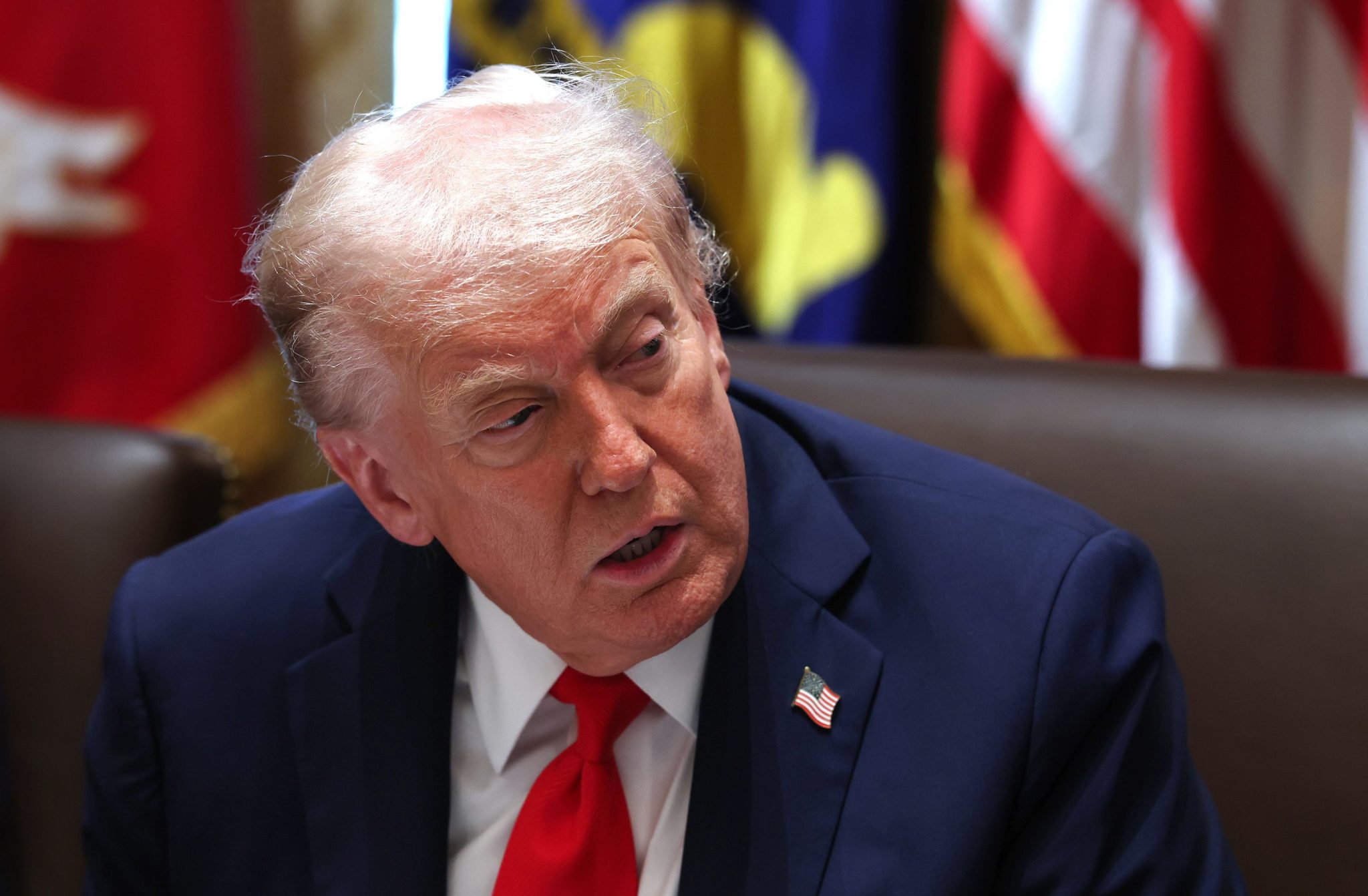
President Donald Trump said Friday that he will impose an additional 100% tariff on China and limit U.S. exports of software, escalating the trade war after months of it appearing to ease toward a resolution.
The latest salvo came after China restricted its exports of rare earths, which are critical minerals used across industries, from the tech sector to automakers and defense contractors.
Late in the afternoon, Trump took to Truth Social to decry Beijing’s “large scale Export Controls on virtually every product they make.”
“Based on the fact that China has taken this unprecedented position, and speaking only for the U.S.A., and not other Nations who were similarly threatened, starting November 1st, 2025 (or sooner, depending on any further actions or changes taken by China), the United States of America will impose a Tariff of 100% on China, over and above any Tariff that they are currently paying,” he added. “Also on November 1st, we will impose Export Controls on any and all critical software.”
That would bring U.S. tariffs on China to 130%, nearing the 145% rate Trump imposed in April on “Liberation Day” and the immediate aftermath—before the U.S. agreed to put its highest levies on hold while China paused its retaliatory duties as negotiations unfolded.
Stocks and bond yields tumbled as Wall Street braced a potential new round of tit-for-tat retaliation. The S&P 500 plunged 2.7%, suffering its worst selloff since the height of the trade war chaos in April.
China has a stranglehold on rare earths, producing more than 90% of the world’s processed rare earths and rare earth magnets. That has served as a key source of leverage over the U.S.
Meanwhile, grain prices fell after Trump suggested earlier on Friday that he would not meet Chinese President Xi Jinping later this month at an economic summit in South Korea.
That dashed hopes that the two leaders could reach a trade deal that includes Chinese purchases of U.S. soybeans, which historically have been a top export but have failed to draw any orders from China this harvest season.
“Don’t think China’s soybean purchases are going to restart anytime soon … and they now certainly aren’t the biggest item on the bilateral economic agenda,” Brad Setser, a senior fellow at the Council on Foreign Relations and a deputy assistant secretary at the Treasury Department during the Obama administration, posted on X.
Before the flare-up, U.S.-China trade talks had been progressing after Trump reached deals with the European Union, Japan, South Korea and other top trading partners.
But tensions remained, including on the issue of rare earths while the U.S. had moved to restrict other countries’ exports of semiconductor-related products to China.
Also this week, the U.S. announced port fees on Chinese ships, prompting Beijing to impose a similar fee on U.S. ships docking at Chinese ports. China also launched an antitrust investigation into U.S. chipmaker Qualcomm.
Then on Thursday, China’s commerce ministry said that starting on Dec. 1 a license will be required for foreign companies to export products with more than 0.1% of rare earths from China or that are made with Chinese production technology.
“Our relationship with China over the past six months has been a very good one, thereby making this move on Trade an even more surprising one,” Trump said in an earlier Truth Social post. “I have always felt that they’ve been lying in wait, and now, as usual, I have been proven right!”
